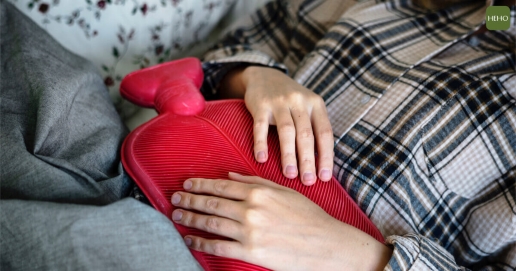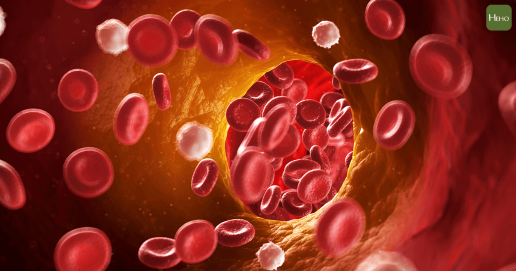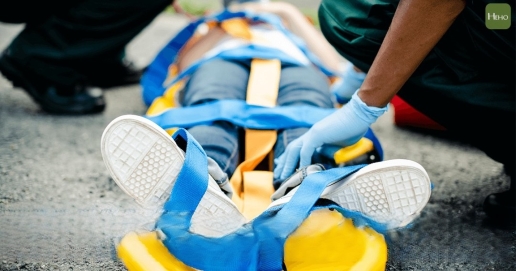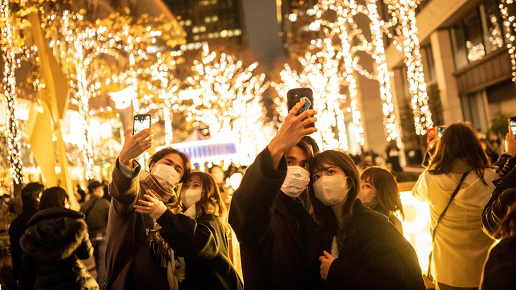Recently, Taiwan experienced a sharp temperature drop, with early morning lows plummeting to 7.1°C, leading to a surge in myocardial infarction and stroke cases. Dr. Lin Wenwei, Director of Cardiology at Taipei An Hospital, warns that cold weather stimulates the sympathetic nervous system, causing significant blood pressure fluctuations. Patients with chronic conditions or cardiovascular diseases are at highest risk, particularly during the early morning hours, and should take extra precautions to stay warm Patients with Chronic and Cardiovascular Diseases Must Stay Warm (Image / Courtesy of Heho Health)
Patients with Chronic and Cardiovascular Diseases Must Stay Warm (Image / Courtesy of Heho Health)
Research shows that a 10°C temperature drop can increase heart attack-related mortality by 36% within two weeks. Dr. Lin emphasizes that winter is a peak season for heart attacks. To reduce risks, follow the "Slow, Warm, Rise, Wear, Move" approach upon waking: stretch or warm up in bed before getting up slowly, wear warm clothing, and drink warm water to promote circulation. Keeping your head and feet warm is especially important—consider wearing hats, masks, scarves, and socks to prevent abnormal blood vessel constriction and dilation that could increase stroke risk.
Dietary and Lifestyle Adjustments
High-risk individuals should avoid excessive dietary supplements or herbal tonics, instead opting for fiber-rich fruits, vegetables, and warm water to prevent blood thickening and constipation. Sudden exertion, stress, or vigorous exercise should also be avoided. Low Temperatures Can Also Stimulate Peripheral Nerve Contraction, Accelerating Blood Clotting (Image / Courtesy of Heho Health)
Low Temperatures Can Also Stimulate Peripheral Nerve Contraction, Accelerating Blood Clotting (Image / Courtesy of Heho Health)
If symptoms like chest tightness, chest pain, palpitations, shortness of breath, dizziness, nausea, cold sweats, or signs of a stroke (e.g., inability to smile, raise an arm, or speak simple phrases) occur, call 119 immediately and note the onset time. Seeking medical attention within three hours is crucial to maximize the golden treatment window. Experts urge chronic disease patients to stay vigilant in cold weather, take measures to stay warm and prevent unforeseen incidents.
This article is authorized by Heho Health.







